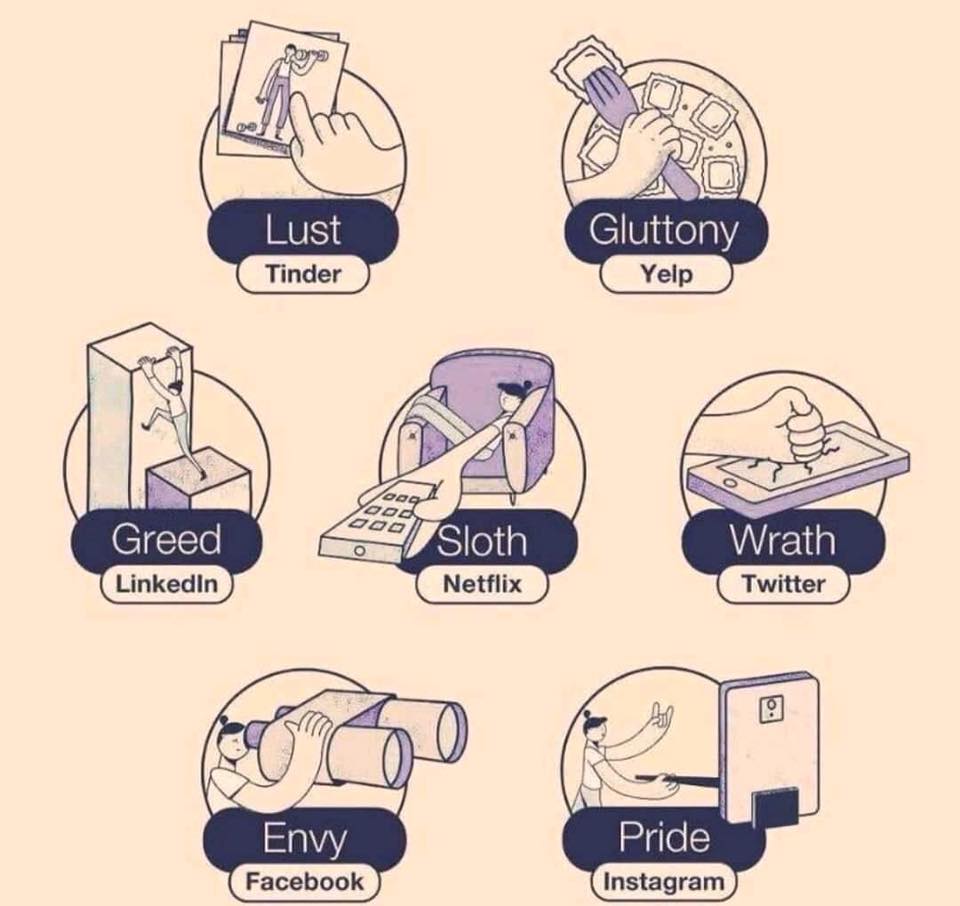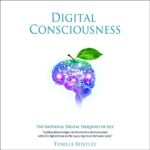

I recently read a pretty thought-provoking article about how checking Facebook (or other social networks) may be permanently changing the brain, because it offers your brain chemical rewards not unlike those that occur from compulsive drug use. The article is worth a read but pretty long and detailed, so I wanted to summarize a few of the most interesting claims here.
First, we get addicted to Facebook because we enjoy “the thrill of the hunt”:
“Recent observations indicate that the brain is more active when people are anticipating a reward rather than receiving one. This is because we are wired to seek, and to really enjoy the thrill of the hunt. The Internet can ensnare you in a dopamine loop since it makes the process of reward-seeking so quick and easy. Basically, we like dopamine surges – and we get some of the best ones when we are hunting for something new. Actually getting the something new is a downer… so the hunt is where the best dopamine surges are found.”
That would explain why we feel the urge to check our Facebook feeds so often, but it doesn’t necessarily give us that much pleasure once we’ve checked it and seen what others have posted.
Second, Facebook may be worse for your brain than TV – and the more you use Facebook, the more you may be training your brain in a negative way:

“Facebook is worse than television programming for your brain. Far worse… Part of the process of creating a television program is to ensure a certain number of JPMs [“Jolts per Minute: how many times the action changes – by sight or sound] to forcefully hold the viewers attention. These may be images of violence, loud emotional speech, laughter, sexual innuendo or just about any other form of emotional manipulation. Watching Mr. Rogers or Bob Ross paint on PBS has a very low JPM level, say 5-15 JPMs. This allows a consistent stream of thought on the subject at hand – long enough to learn something new by reflecting on it. But [with Facebook] we have gone beyond Jolts Per Minute to Jolts Per Second (JPS).”
The author goes on to cite an ADHD researcher who mentions that our attention is “trained” by the stimulus inputs. In other words, if we get accustomed to more jolts, more often, we will crave more and more jolts, more often, instead of being satisfied with fewer jolts, less often.
And finally, in regards to self-esteem, Facebook is harming it:
“Basically, the architecture of Facebook – and the culture it creates or encourages – leaves many of us feeling less happy with our own lives. This drives a degree of emptiness – which encourages narcissism in an attempt to raise our spirits. We post pictures of something cool we did, or try to get more “likes” or “friends.” But our blood sugar – our self-esteem – keeps crashing, and the longer the Facebook Habit goes, the less attractive it is for us. We develop a dependency, just like a drug or processed junk food.”
If you want to read the full article, you can find it here.
What do you think? Is Facebook like a drug to you?
Bonus: The True Toxicity of Social Media Revealed – Sam Vaknin
Bonus: It’s ‘digital heroin’: How screens turn kids into psychotic junkies
Bonus: Tech’s Impact On Young Brains | America Inside Out with Katie Couric
Digital Dementia



